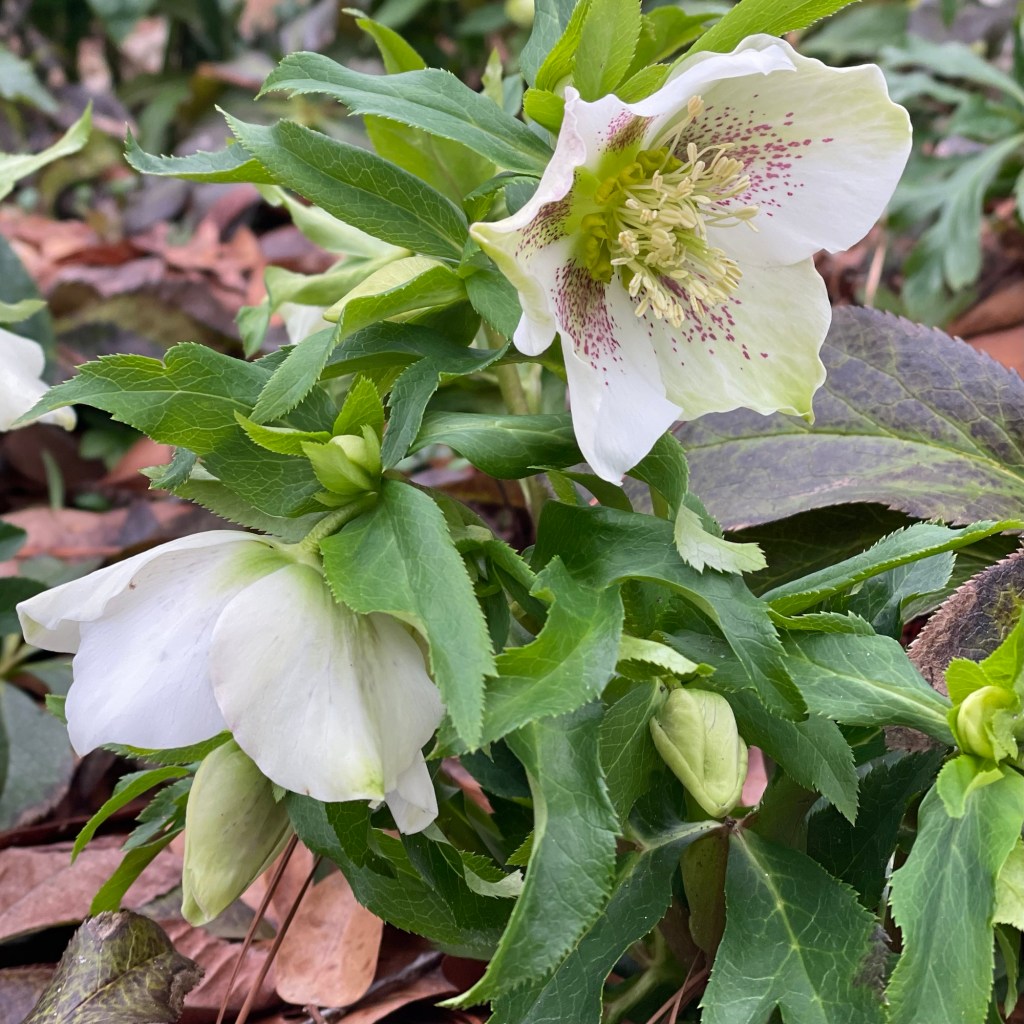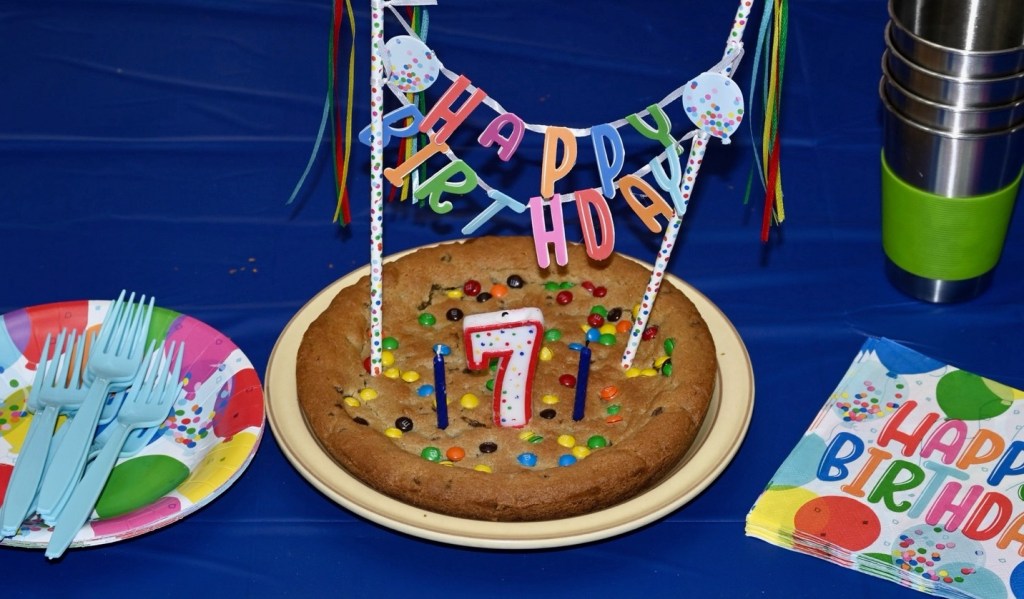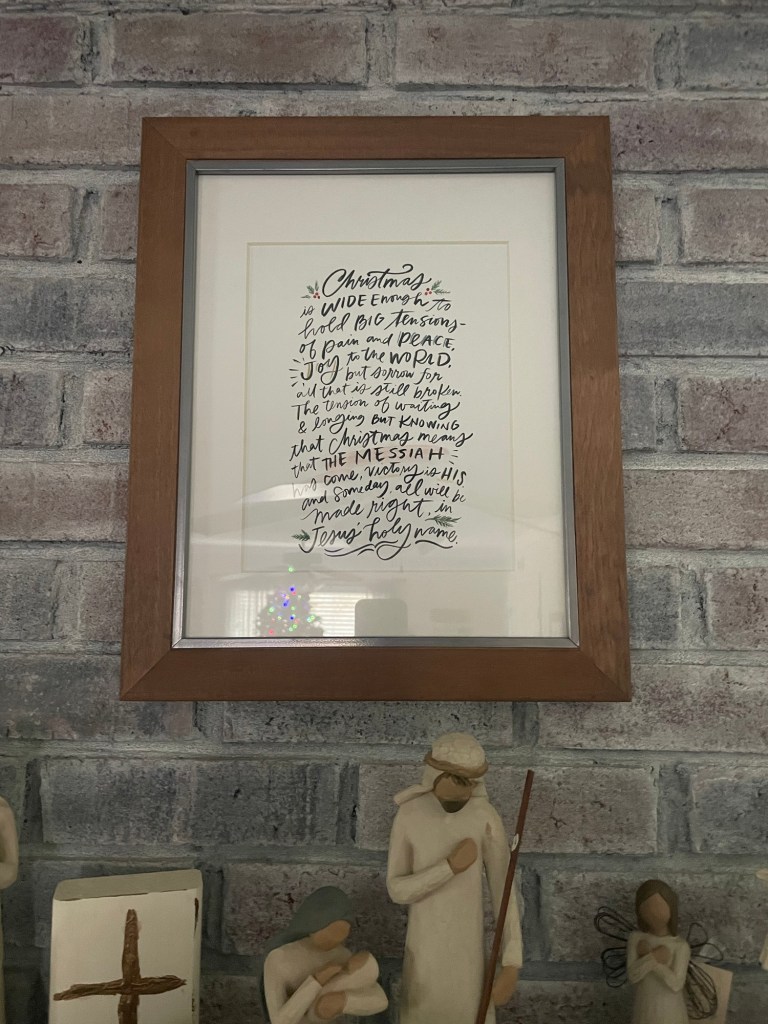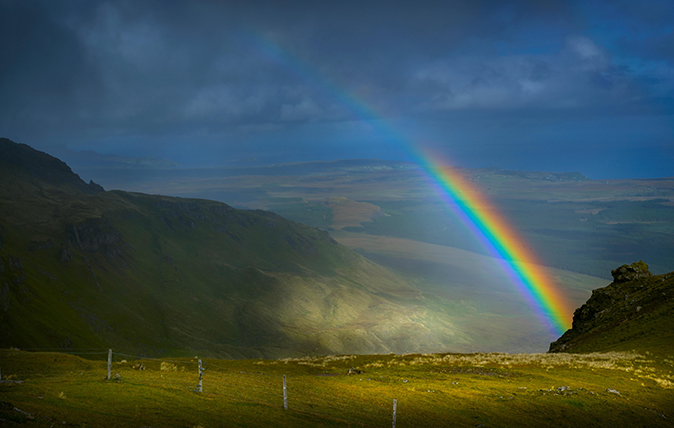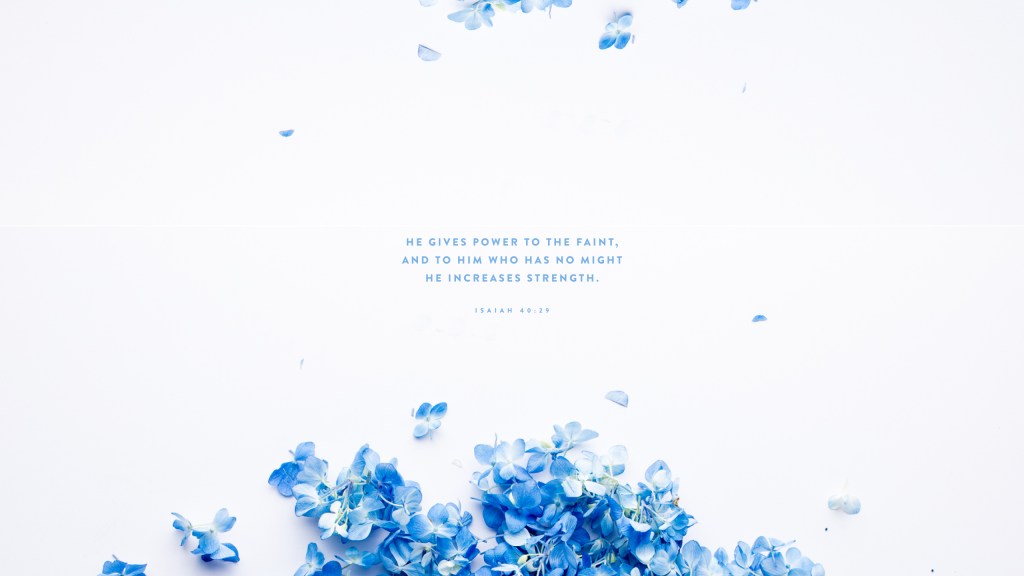
Earlier this summer, I was invited on a girls trip to the beach. My daughter, one “old” friend, one “new” friend, and all three moms spent a few days with the sand between our toes. I love the beach – the sights, the sounds, the smells – so I knew the trip was going to be fun. An added bonus I did not realize until we were there chatting under the beach umbrella was that all three girls had brothers and only brothers. So even though the other two moms had older children, we were all in the same boat as far as parenting middle school girls for the first time. We traded tips on finding appropriate swimwear and navigating big emotions. It can be so nice to be among people living a shared experience. “You too? I thought I was the only one…” are usually welcome words that can bring relief and validation.
This holds true even when the shared experience is one you would never wish for anyone. Sometimes people describe being a bereaved parent as being a member of a club to which no one wants to belong. We wish no one else would ever join our ranks, but the reality is that our number will continue to grow until Jesus returns. Recently, the devastation of flash flooding in Texas took the lives of at least 36 children. Who knows how many were born still or died in the night or succumbed to cancer during the past 24 hours alone?
Even though I wish this were not the case, it is. And there are some things that bereaved mothers share that no one else can understand fully. I cannot tell you how invaluable it has been for me to develop friendships with moms who are at similar places in their grief, as well as those who are further down the road and those who are just beginning.
Soon after Ethan died, a coworker put me in contact with an old friend of hers that was developing an online ministry for mothers impacted by miscarriage and infant loss. My first experience with what would become The Morning was a beautiful art print with Ethan’s name on it, which was given to me by this coworker. I did not know at the time that this print (which still hangs in our playroom) was the beginning of such a meaningful relationship.
In 2018, The Morning released a podcast, “The Joyful Mourning,” hosted by the ministry’s founder, Ashlee Proffitt. I listened to every single episode for the first few years, many times while taking #4 on walks in his stroller. I heard the story of Ashlee’s son, who was six weeks old when he died unexpectedly of SIDS. It was like walking around the neighborhood with a friend and mentor, receiving much needed encouragement and practical advice. She shared how grief had changed her relationships, her parenting, and her faith. She interviewed moms, each of whom shared their own stories. Sometimes the details were similar to our story, other times not as much. In other episodes, professionals explained the physical, emotional, and relational effects of grief. Most episodes offered some very practical advice, and each episode offered something even more valuable — hope.
The ministry added an online community to facilitate interactions between mothers. The Morning Community grew into a multifaceted support system — a place where everyone was invited to tell the story of their babies, vent frustrations, and receive encouragement. The Morning added another “big sister” to act as a mentor in this space. Meg Walker was exactly what the community needed. Her writing skills and her ability to connect with people, even virtually, made everyone feel welcomed and valued. Eventually, they added community moderators to assist in managing the online community. I served as one for six months and had a much better understanding of the sacrifice Meg willingly gave, even while her own family was growing. Meg gave us questions to discuss, checked in on us during holidays and hard days, and made everyone feel that their baby mattered.
To illustrate the kind of support this group provides, consider the universal dilemma of the bereaved mother. “How many children do you have?” may seem like small talk to most people. To mothers who have children in heaven, it feels like crossing a minefield, every time. When I answer 5, the follow up questions will almost always reveal that one has died, and the reactions to that fact are awkward at best, painful at worst. When I answer 4, I feel that I am being disloyal to Ethan and discrediting my motherhood. I have five children that I love with my entire being. Five children that I do my best to support and to celebrate. Five children that I pray will know the love of their Creator and play their role in His redemptive story. But that is a lot to try and sort out with a new acquaintance on the ball field or in the band booster club.
Every so often, a new member of the community would ask how to handle this situation. The other newer members would agree, “yes! I never know what to say!” The older members would encourage the woman to do what she feels most comfortable given the particular circumstance and that it does get more automatic with practice. And everyone would reaffirm that the child in heaven is no less a part of her family and that she is no less a mother to him/her than if that baby was in her arms right now.
That’s the kind of sisterhood that grew under Ashlee and Meg’s leadership. And I haven’t even begun to discuss the other ways The Morning has touched lives — devotionals, workshops, holiday support groups, specialized merchandise, templates for funeral programs, cell phone wallpaper, suggestions for how to remember your baby during each changing season, and very helpful guides for family and friends seeking to love a grieving mother well. All the resources and websites are beautifully designed with soft colors and meaningful images. On Ethan’s birthday, I write an entry in his linen bound birthday journal. Each winter, I wear my “One Day Closer” sweatshirt and drink coffee from a mug received from another community member during a Christmas mug exchange. They give me a measure of comfort on the long gray days between Ethan’s birthday and the anniversary of his death.
During this summer, Ashlee and Meg are taking a sabbatical to seek God’s guidance for the future of The Morning. I have been praying that they will experience much needed rest from their labors of the past few years and hear His voice leading them in the way forward. Whatever God has in mind for The Morning, I know He will continue to work healing in the lives of grieving mothers. After all, Jesus’ own mother is “in the club” and he provided for her with one of his final breaths. For this period of time and for my own life, The Morning has been a conduit of His grace, and I will be eternally thankful for the work his servants have done for me and for countless other mothers who are learning that “joy can be found, even amidst the morning.”
This Thing is Not Going to Break You
By Christa Wells
You could not plan for this, No, there was no silhouette
Up against the pink horizon to warn you of the hit
But you absorbed it all with grace, Like a child you spoke of faith unmoved, That holds onto you
This thing is going to try to break you
But it doesn’t have to, You’re showing us how
This thing is going to bend and shape you, But He won’t let it take you
You know it somehow, This thing is not going to break you
You could take your loss, You could hide away from us
With your grief lassoed around you, But you’re laying it in the sun
And you stare straight into the light, You say you’d rather go blind than look away, What can I say?
This thing is going to try to break you, But it doesn’t have to
You’re showing us how, This thing is going to bend and shape you
But He won’t let it take you, You know it somehow
This thing is not going to break you, this thing is not going to break you,
this thing is not going to break you
